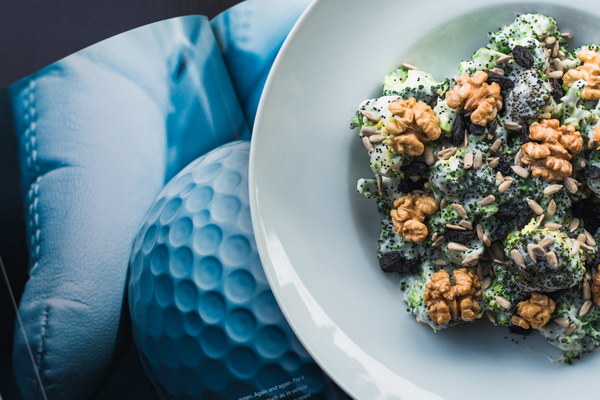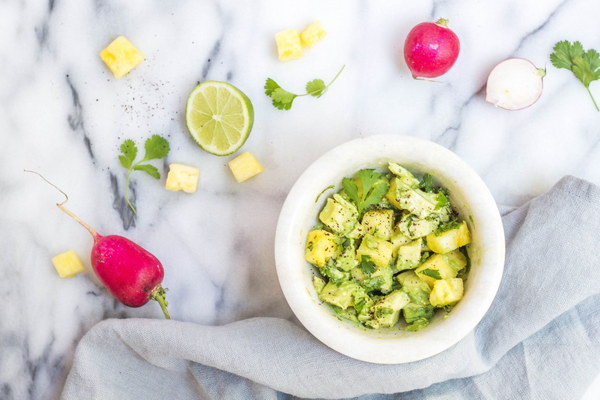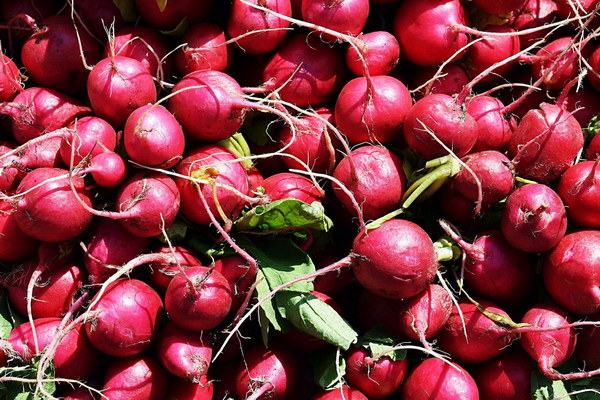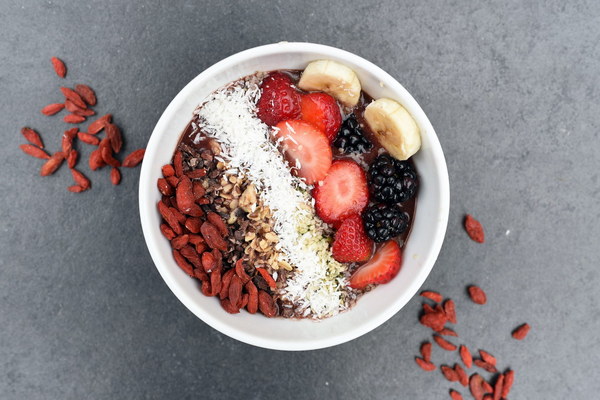Cure Your Cold-Headedness A Comprehensive Guide to TCM and Lifestyle Adjustments for Healthier Winter Living
Introduction:
As the temperature drops during the winter months, many people find themselves dealing with a common yet uncomfortable condition known as cold-headedness. This condition, characterized by a persistent feeling of coldness around the head and neck area, can be quite bothersome and even disruptive to daily life. However, with the right approach, both in terms of traditional Chinese medicine (TCM) and lifestyle adjustments, it is possible to alleviate and even cure this issue. In this article, we will delve into the causes of cold-headedness, explore various TCM remedies, and provide practical tips for managing this condition throughout the colder seasons.
Understanding Cold-Headedness:
Before we dive into the remedies, it is essential to understand the underlying causes of cold-headedness. In TCM, this condition is often attributed to an imbalance in the body's Yin and Yang, which can be disrupted by factors such as poor diet, stress, lack of exercise, and exposure to cold weather. By addressing these root causes, it is possible to achieve a more balanced and comfortable state of being.
TCM Remedies for Cold-Headedness:
1. Acupuncture: Acupuncture is a traditional Chinese medicine technique that involves inserting fine needles into specific points on the body to stimulate energy flow and balance the body's Yin and Yang. For cold-headedness, acupuncture can be particularly beneficial as it targets areas such as the neck, head, and hands, which are often the most affected by this condition.
2. Herbs: TCM utilizes a wide range of herbs to address various health issues, including cold-headedness. Some commonly used herbs include:
- Astragalus: Known for its immune-boosting properties, Astragalus can help strengthen the body's defenses against colds and flus.
- Ginger: This warming herb can help increase blood circulation and provide relief from cold-headedness.
- Cinnamon: Cinnamon is a natural blood thinner that can improve blood flow and reduce the sensation of coldness around the head.
3. Diet: A balanced diet is essential for maintaining overall health and addressing cold-headedness. TCM suggests incorporating the following foods into your diet:
- Nourishing soups and stews: These warm and comforting dishes can help increase body temperature and provide essential nutrients.
- Spicy foods: Spicy foods can stimulate blood circulation and provide warmth, making them a suitable choice for those with cold-headedness.
- Root vegetables: Root vegetables such as carrots, beets, and sweet potatoes are rich in vitamins and minerals that can help boost the immune system and combat coldness.
Lifestyle Adjustments:
1. Dress warmly: Proper insulation is key to protecting yourself from cold-headedness. Wear a hat, scarf, and warm clothing during the colder months to retain body heat.
2. Exercise regularly: Regular physical activity can improve blood circulation and help combat the sensation of cold-headedness. Engage in activities such as walking, cycling, or yoga to stay warm and healthy.
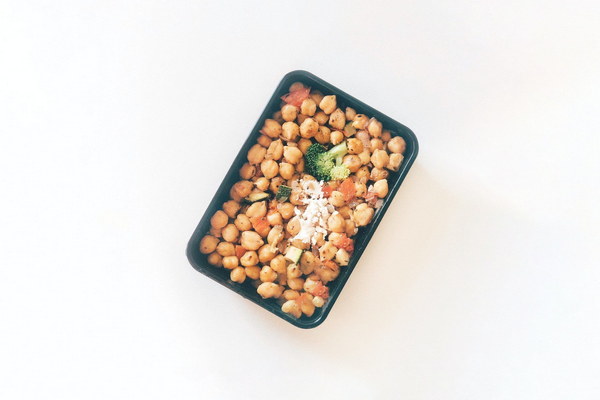
3. Manage stress: Chronic stress can weaken the body's immune system and exacerbate cold-headedness. Find healthy ways to manage stress, such as meditation, deep breathing exercises, or spending time in nature.
Conclusion:
Cold-headedness can be a pesky condition, but with the right combination of TCM remedies and lifestyle adjustments, it is possible to find relief and enjoy a more comfortable winter. By addressing the root causes of this condition and adopting a holistic approach to health, you can say goodbye to cold-headedness and embrace the warmth of the season.
